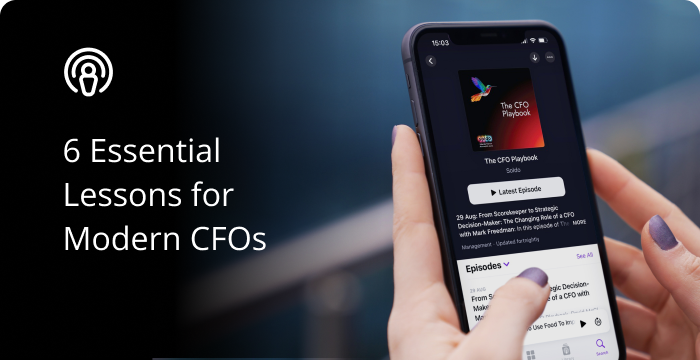With the COVID–19 pandemic slowly subsiding and life returning to a degree of normality, CFOs around the UK were probably hoping for a period of steady rebuilding. But in business, as in life, the only certainty is uncertainty.
The inflationary impact of the pandemic and the War in Ukraine has been the headline grabber. Inflation jumped to 10.1% in July (the first double-digit annual increase in more than four decades). But there’s also supply chain disruption, a tight labour market and runaway energy prices to contend with. The net result of these events has been a cost of living crisis.
Businesses have started to crack under economic pressure. Trade body representatives have already warned that businesses are at “the end of their tether” and upheaval in Westminster has resulted in deadlock at the worst time.
The new Chancellor Kwasi Kwarteng has announced measures to help businesses with energy bills. Read more here >
There are steps you can take, however, to mitigate the crisis. It might seem daunting, but we know it’s not impossible.
Controlling the uncontrollable
Our recent webinar tackled this anxiety head-on. Entitled ‘Cost of living: Controlling the uncontrollable’, a panel of finance leaders (including the FD of M&S Food) discussed how finance teams can manage the prevailing uncertainty.
In fact, with good strategy, some businesses could even keep growing. But it’s not an easy path ahead. During the webinar, hosted alongside GenCFO, we asked the audience a few critical questions:
- Are you concerned about energy price rises? 85% of the audience said ‘yes’.
- Have you had to rebudget (not reforecast) in the last 12 months? Just under half answered ‘yes’.
- With the economic downturn, are you working more closely with your CEO? 61% said ‘yes’.
CFOs and finance teams: More vital than ever
These poll responses indicate how finance leaders have become even more vital. As price pressure ramps up and supply chain problems grind on, CEOs will lean more heavily on their financial captains.
Measures like rebudgeting require a nuanced grasp of the broader trading environment. It’s not easy out there, but a good place to start is internally. There are facets within your control. Spending is, quite often, an easy way to make savings.
The issue, however, is that businesses frequently miss the little things. In a recession, the money that slips through the cracks, here and there, really adds up. Introducing the right automation tech can simplify spend management, and save you hours of work.
Strategic wins
In the webinar, the guests discussed simple, strategic moves CFOs and finance teams can make right now.
Work closer with suppliers: M&S Food’s Head of Finance Sandeep Dasgupta noted that cost pressure is largely driven by supply chain issues. One measure M&S has enacted is joint business plans with (particularly smaller) suppliers. “We may need to support them in the interim while they are struggling – but then we work together to drive a long-term upside for both parties”.
Look at consumer habits and adapt: When the economy is bumpy, it can make forecasting a trickier procedure. However, the signals are still there if you pay attention. One thing Dasgupta noticed, for instance, is an uptick in ready meal sales. “It suggests, perhaps, that people are visiting restaurants less.”
Tighten your controls: As Generation CFO’s Chris Argent put it, “T&E can get very leaky”. It’s tricky at the best of times, but takes on even more importance in a recession. And unfortunately, an economic downturn also increases the risk of fraud. “As people are under more economic pressure, the potential for fraud is higher,” explained Daniel Mensah, Clear Channel’s Head of Audit.
This is just a snippet of the deep dive broadcast. Watch the full broadcast for more insight on pushing through this economic crisis – and growing beyond it.










